Peppermint Oil For Hair: Benefits And How To Use
Cool down and refresh your scalp as you stimulate hair growth with this minty oil.
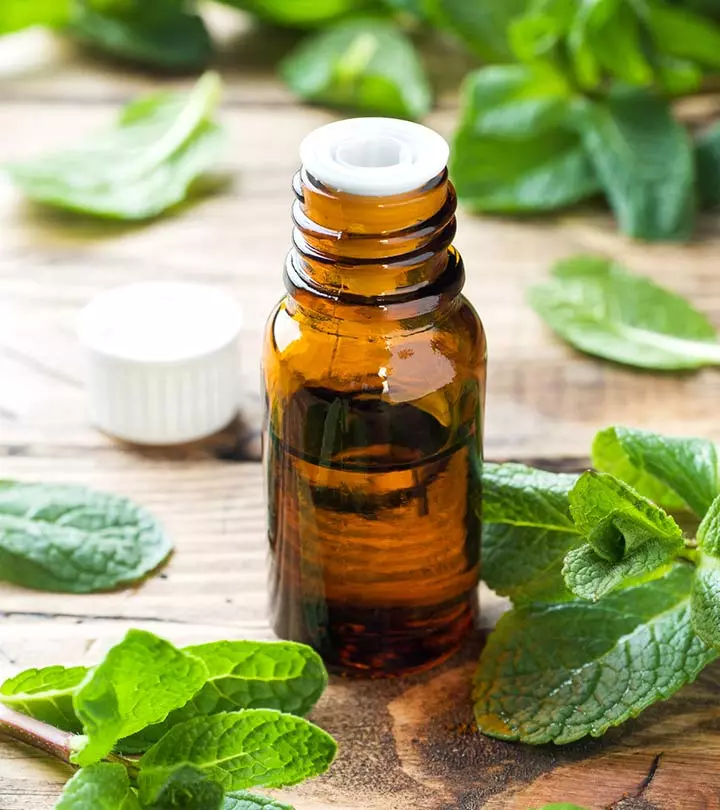
Image: iStock
Recent research has revealed that peppermint oil can promote hair growth and provide many health and skin benefits (1). Let us delve deeper into the properties of this medicinal oil and answer all your queries regarding peppermint for hair. As the name suggests, peppermint oil is extracted from peppermint. It is also widely used to flavor ice creams and chocolates. In this article, we discuss everything about peppermint oil, its uses, how to use it, and more. Read on.
 Know Your Ingredient: Peppermint Oil
Know Your Ingredient: Peppermint OilWhat Is It?
A minty essential oil extracted from the leaves of the peppermint plant.
What Are Its Benefits?
It soothes dry and itchy scalp, enhances blood circulation, rejuvenates your hair and stimulates hair growth.
Who Can Use It?
All except those who are allergic to peppermint.
How Often?
Topically, up to three times a day with a carrier oil.
Caution
Avoid using it if you are allergic to it.
In This Article
What Is Peppermint Oil?
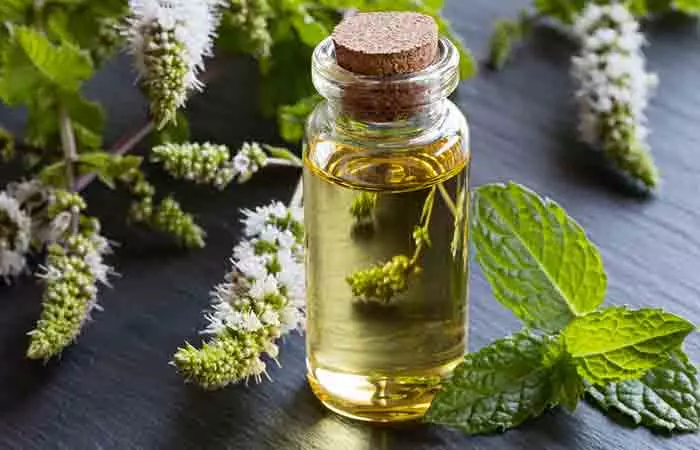
Peppermint oil is the essence extracted from peppermint that is then turned into oil. Peppermint oils that are extracted through modern distillation techniques are stronger than their other counterparts. These kinds of oils are also known as essential oils.
Peppermint essential oils are useful for health, beauty, and cleaning purposes. The taste, smell, and cooling sensation of this oil are due to menthol, a compound present in the oil.
Peppermint oil has several skin care and hair care benefits and is included in many cosmetic products. Here’s why it is good for your hair.
Key Takeaways
- Peppermint oil soothes the scalp, relieves itching, stimulates hair growth, and improves hair thickness.
- It can be combined with carrier oils or shampoo and conditioner to improve hair growth and maintain a healthy scalp.
- If you are allergic to peppermint oil, rosemary oil is a great alternative. It helps relieve scalp dryness, alleviate itchiness, and tame frizz.
Is Peppermint Oil Good For Your Hair?

Peppermint essential oil has a cooling effect. It can help soothe itching, thus relieving itchy and dry scalps (2).
It also helps promote hair growth (1). A study showed that 3% peppermint essential oil (PEO) could thicken the hair follicles in mice as compared to minoxidil, an FDA-approved drug for hair loss. Regular use of PEO increased the blood flow to undernourished and weak hair follicles.
The menthol present in the peppermint essential oil is a vasodilator that relaxes the blood vessels and enhances blood circulation to the scalp (3). Peppermint essential oil stimulates activity in the hair dermal papilla cells, which promotes blood circulation to the scalp and induces early anagen (growth phase) stage, leading to hair growth.
Peppermint essential oil also has antifungal and antibacterial properties (4). These may help promote scalp health.
 Quick Tip
Quick TipPeppermint oil is most suitable for oily scalp and hair.
Peppermint oil may cause skin sensitivity and itching on the scalp. Hence, do not apply it directly to your scalp. However, there are other ways of using this hair growth oil. Scroll down to know more!
How Do You Use Peppermint Oil For Hair Loss?
1. With A Carrier Oil
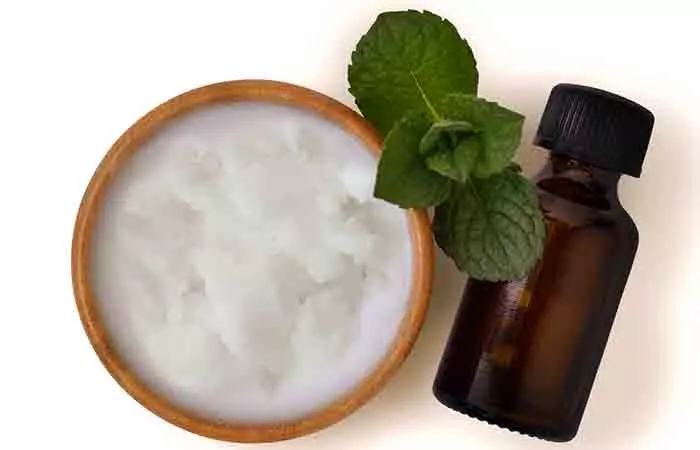
Using peppermint oil with a carrier oil reduces the chances of skin and scalp sensitivity. You can pair carrier oils like coconut, castor, and jojoba, and shea butter oils with peppermint essential oil. These carrier oils work great because they do not interfere with peppermint essential oil’s therapeutic properties.
You Will Need
- 1-2 drops of peppermint oil
- 5-6 drops of carrier oil
What You Have To Do
- Add a few drops of peppermint oil to the carrier oil.
- Massage the oil blend onto the scalp.
- Leave it on your hair for 15-20 minutes.
- Wash your hair with a good shampoo
Note:
You might feel a tingling sensation while applying the oil. If the sensation is intense, add more carrier oil to balance it out or wash your hair immediately.
2. With Shampoo And Conditioner

You can also use peppermint oil with your shampoo and conditioner.
You Will Need
- 2-3 drops of peppermint oil
- Shampoo and conditioner
What You Have To Do
- Add 4-5 drops of peppermint oil per ounce of shampoo and conditioner.
- Use the products as you usually would.
Note:
Products containing peppermint scent do not necessarily have peppermint oil in them. Such products will not give you the same result as the oil.
Here are a few points to remember while using peppermint essential oil.
Points To Remember

- Be careful while applying the oil to your scalp so that it does not get in the eyes.
- Avoid ingesting peppermint essential oil as it may cause nausea, heartburn and abdominal pain (5).
- Peppermint oil might cause allergic reactions on your skin. Thus, do a patch test before applying it to your scalp.
 Quick Tip
Quick TipUse peppermint oil on your scalp and hair no more than 3 times a week.
Should you experience adverse effects with peppermint oil, you can opt for an alternative. Learn more about it in the next section.
Alternative For Peppermint Oil
Rosemary oil can be used as an alternative to peppermint oil. It is derived from dried and processed rosemary leaves. Research supports its potential to alleviate scalp itchiness and dryness (6). The oil may help rebalance scalp moisture. It is also one of the best essential oils to help tame frizzy hair. Incorporating rosemary extracts into an herbal hair rinse can make the hair appear fuller. Just remember to use rosemary oil after diluting it appropriately with a carrier oil.
To use rosemary oil for hair:
1. Mix 2 to 3 drops of rosemary oil with a carrier oil (like coconut or jojoba oil) in a 1:2 ratio.
2. Apply the mixture to your scalp and hair.
3. Massage it in for a few minutes.
4. Leave it on for 30 minutes or overnight.
5. Shampoo and rinse.
Infographic: 3 Unique Benefits Of Applying Peppermint Oil On Hair
If you are experiencing hair fall, it is time to include peppermint essential oil in your hair care routine. This oil is lauded for its hair-benefitting properties and is known to improve hair and scalp health within just a few months of application. Check out the infographic below to know more!

Illustration: StyleCraze Design Team
Peppermint oil is extracted from peppermint and is frequently used as a hair treatment for promoting hair health and beauty-related purposes. Natural peppermint oil benefits can also extend to aromatherapy. Research suggests that using peppermint oil on your hair boosts blood circulation, resulting in hair growth. Additionally, its antimicrobial properties make it ideal for improving scalp health. Since the direct application can cause itchiness and sensitivity, you may mix peppermint oil with a carrier oil or use it with your shampoo and conditioner. Ensure that you do a patch test before applying it to your scalp and stop using it if you experience any adverse effects.
Frequently Asked Questions
Can peppermint oil help with dandruff?
Yes, peppermint oil may help cool your scalp and manage dandruff (7). You can mix a few drops with a carrier oil and then massage it into your scalp. Leave it on for 20–30 minutes before washing with a gentle shampoo. This soothes irritation, removes flakes, and refreshes your scalp.
Can peppermint oil damage your hair?
No, peppermint oil can improve your overall hair and scalp health. However, using undiluted peppermint oil can result in itching, burning, headache, or skin sensitivity (6).
Can I mix peppermint oil with water for hair?
Yes, you can mix water and peppermint oil in your shampoo. Ensure that you get the measurements right and follow instructions before using it.
Illustration: Peppermint Oil For Hair: Benefits And How To Use
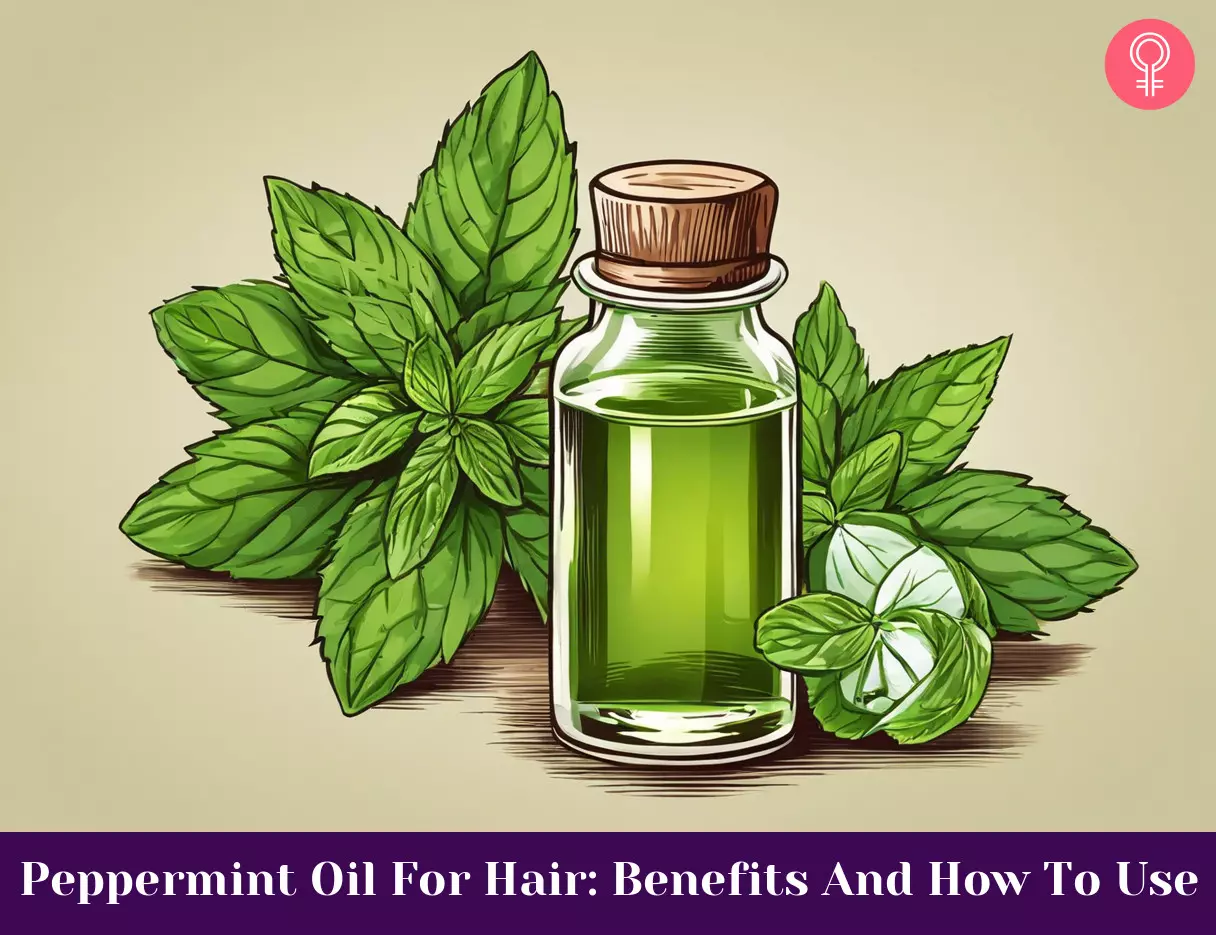
Image: Stable Diffusion/StyleCraze Design Team
References
Articles on StyleCraze are backed by verified information from peer-reviewed and academic research papers, reputed organizations, research institutions, and medical associations to ensure accuracy and relevance. Read our editorial policy to learn more.
- Peppermint Oil Promotes Hair Growth without Toxic Signs
https://www.ncbi.nlm.nih.gov/pmc/articles/PMC4289931/ - Effectiveness of topical peppermint oil on symptomatic treatment of chronic pruritus
https://www.ncbi.nlm.nih.gov/pmc/articles/PMC5066694/ - Mechanisms and time course of menthol-induced cutaneous vasodilation
https://www.sciencedirect.com/science/article/abs/pii/S0026286216301753 - Antibacterial and antioxidant activities of Mentha piperita L.
https://www.sciencedirect.com/science/article/pii/S1878535211000232 - A near fatal case of high dose peppermint oil ingestion- Lessons learnt
https://www.ncbi.nlm.nih.gov/pmc/articles/PMC3546250/ - Rosemary oil vs minoxidil 2% for the treatment of androgenetic alopecia: a randomized comparative trial
https://pubmed.ncbi.nlm.nih.gov/25842469/ - Therapeutic Uses of Peppermint –A Review
https://www.jpsr.pharmainfo.in/Documents/Volumes/vol7Issue07/jpsr07071524.pdf - A REVIEW ON PEPPERMINT OIL
https://www.researchgate.net/publication/237842903_A_REVIEW_ON_PEPPERMINT_OIL
Read full bio of Dr. Shruti Chavan
Read full bio of Anjali Sayee
Read full bio of Eshna Das
Read full bio of Krati Darak






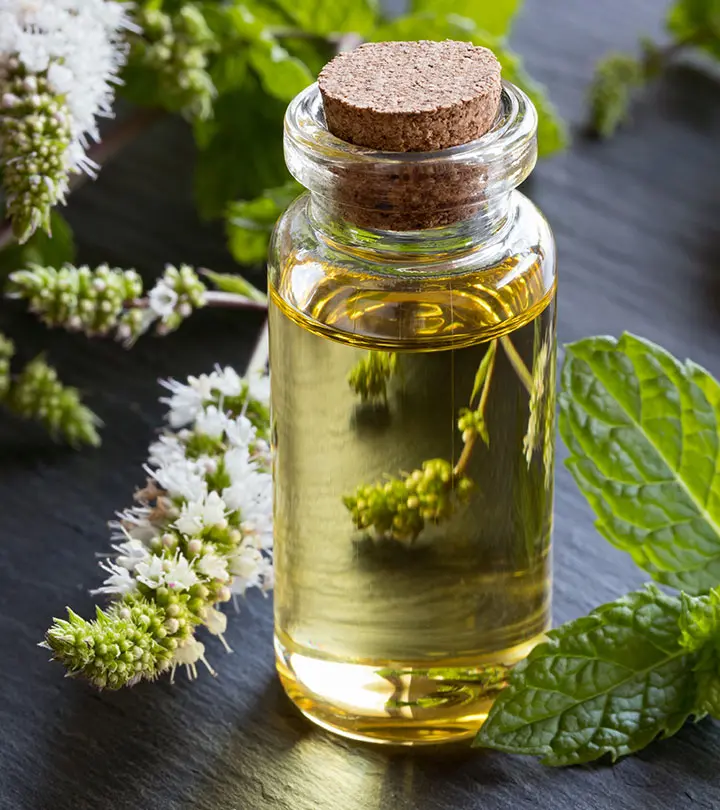
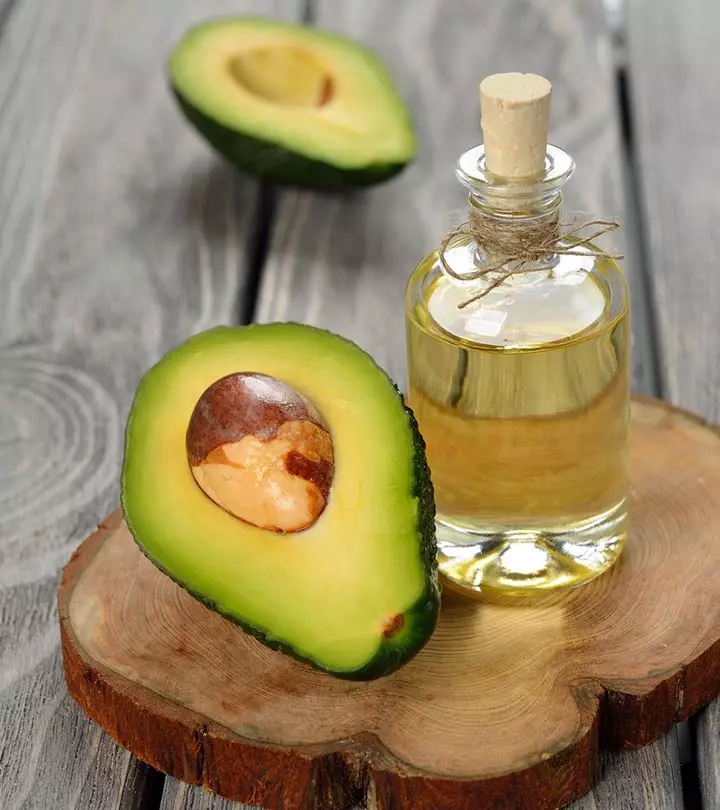

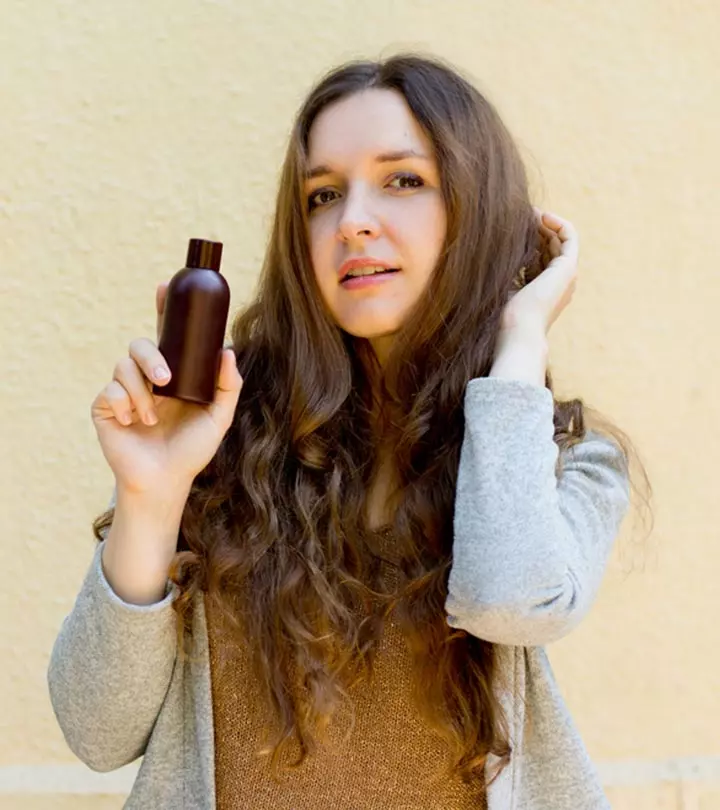
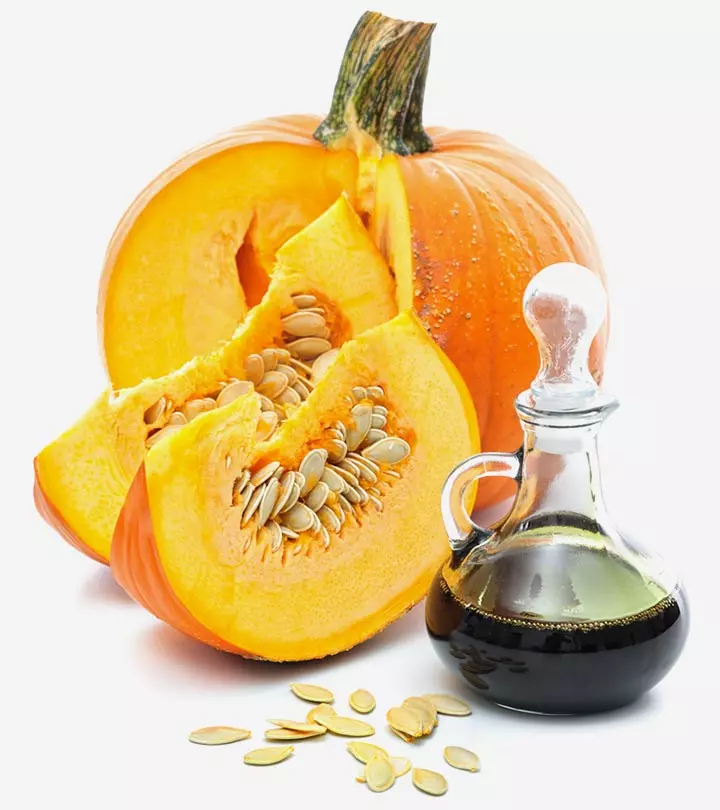
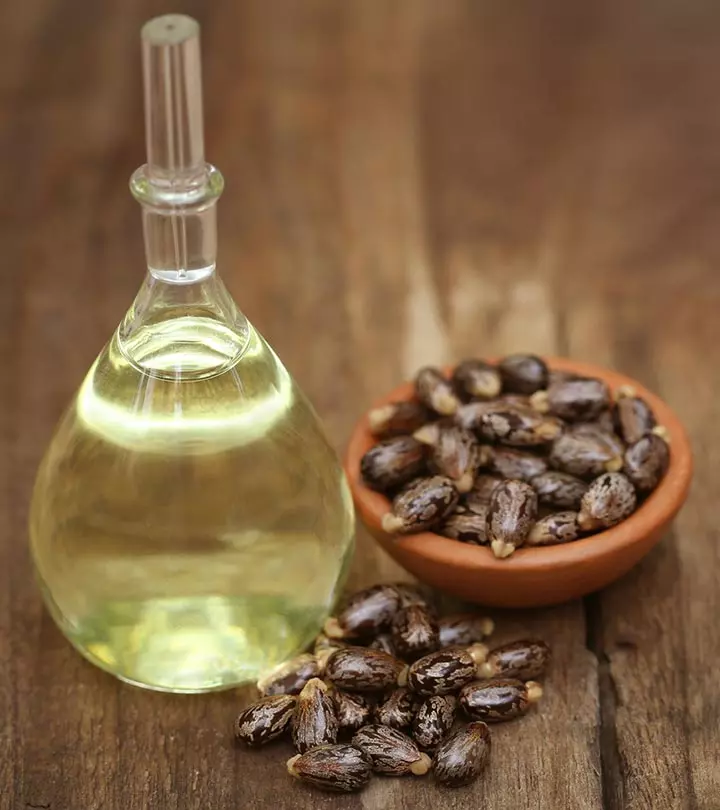
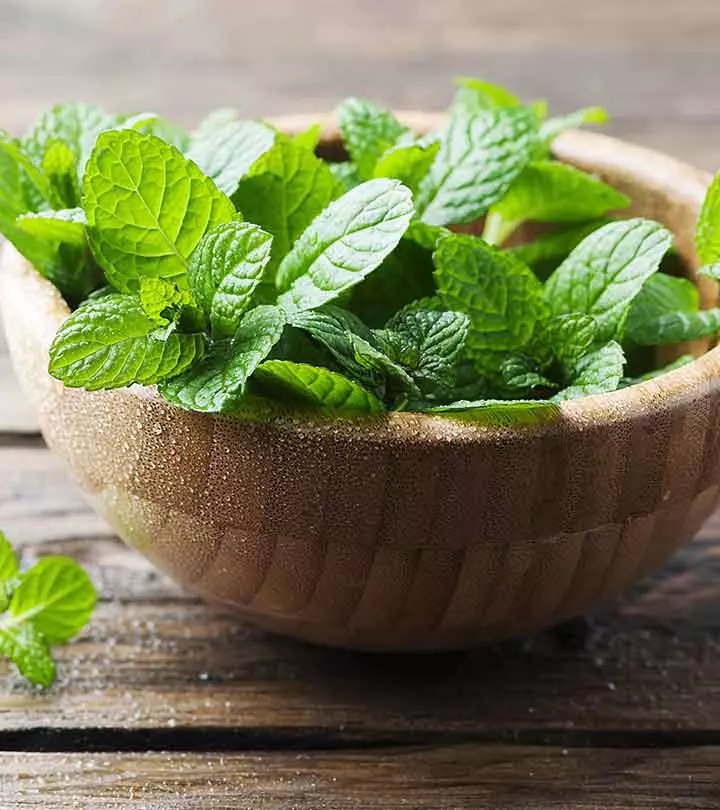


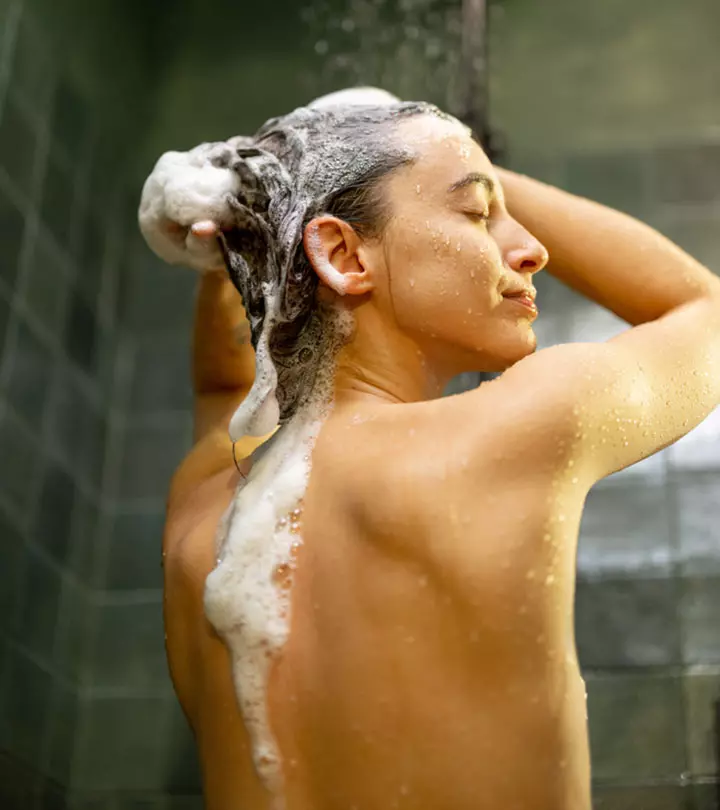

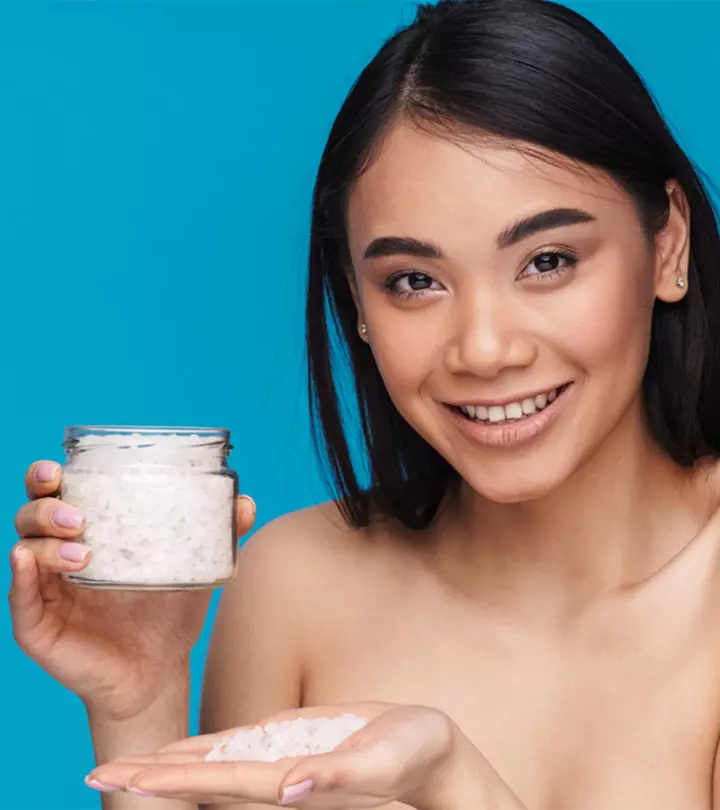
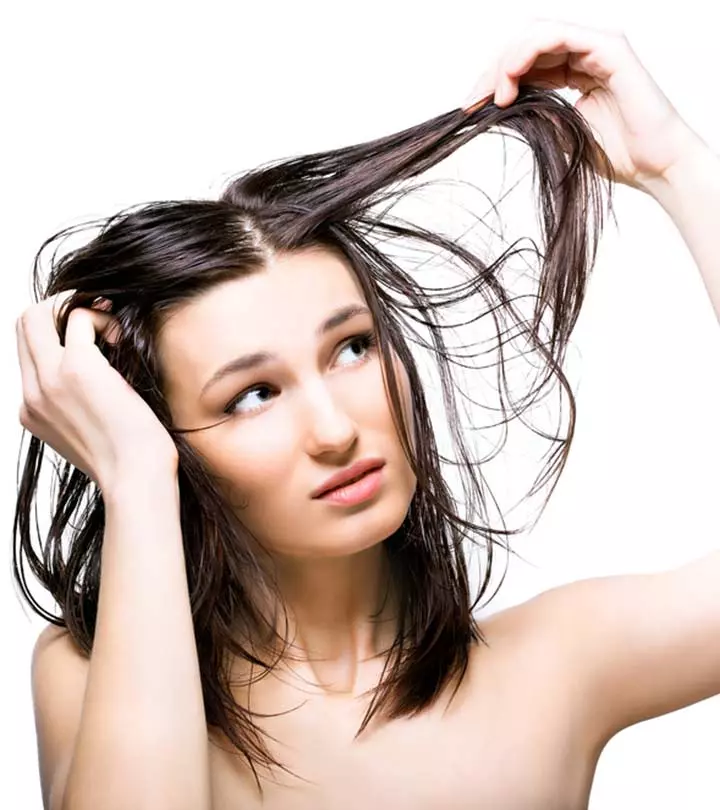
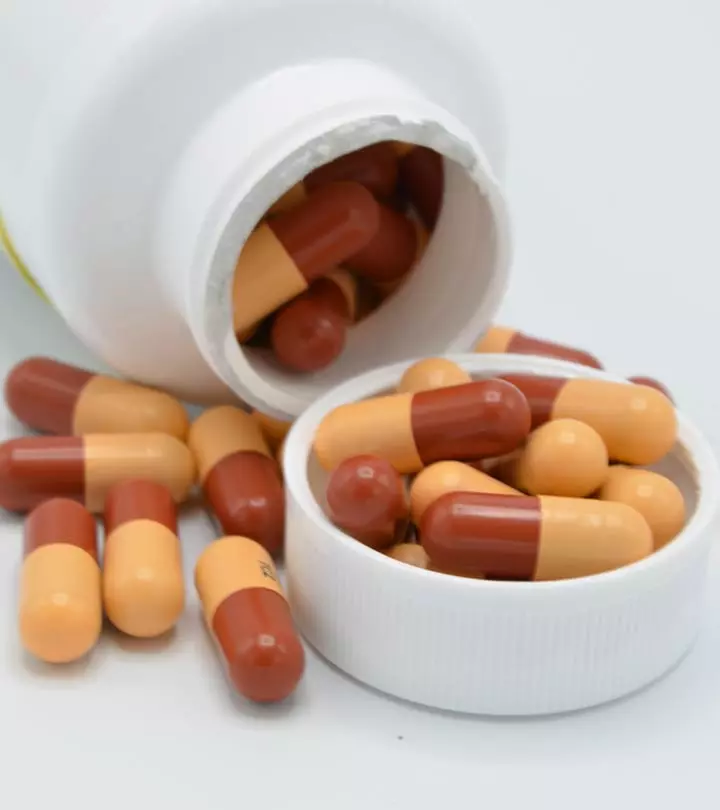
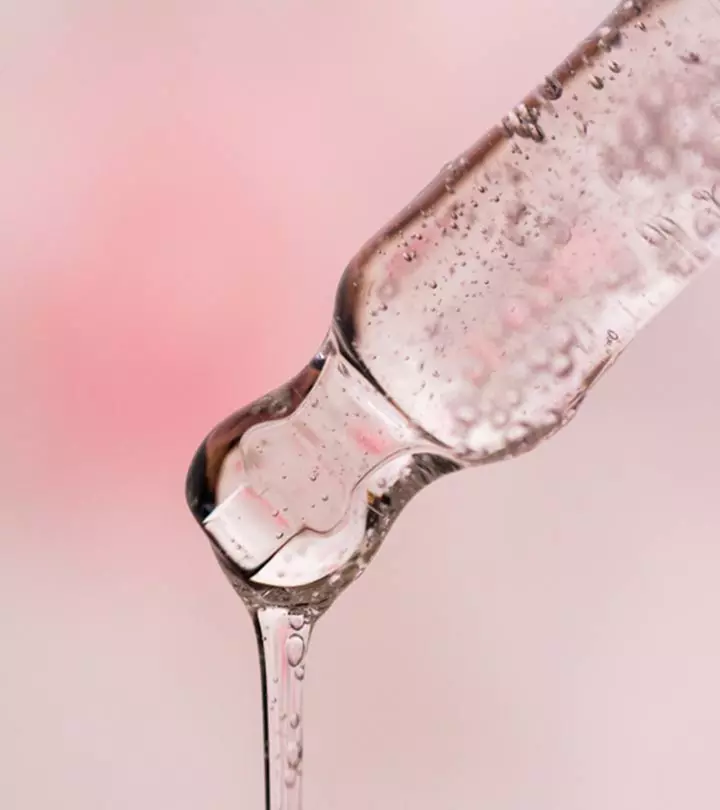

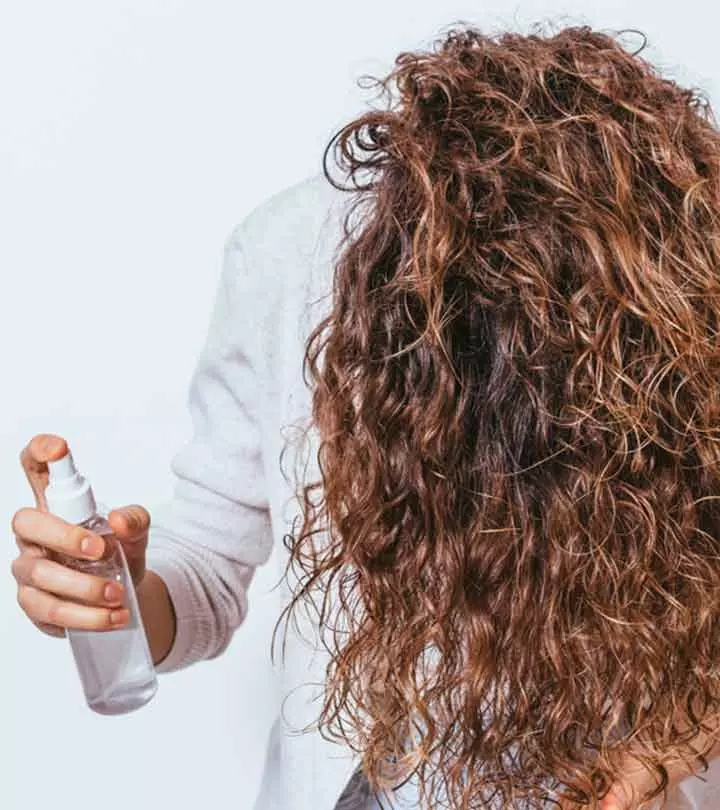
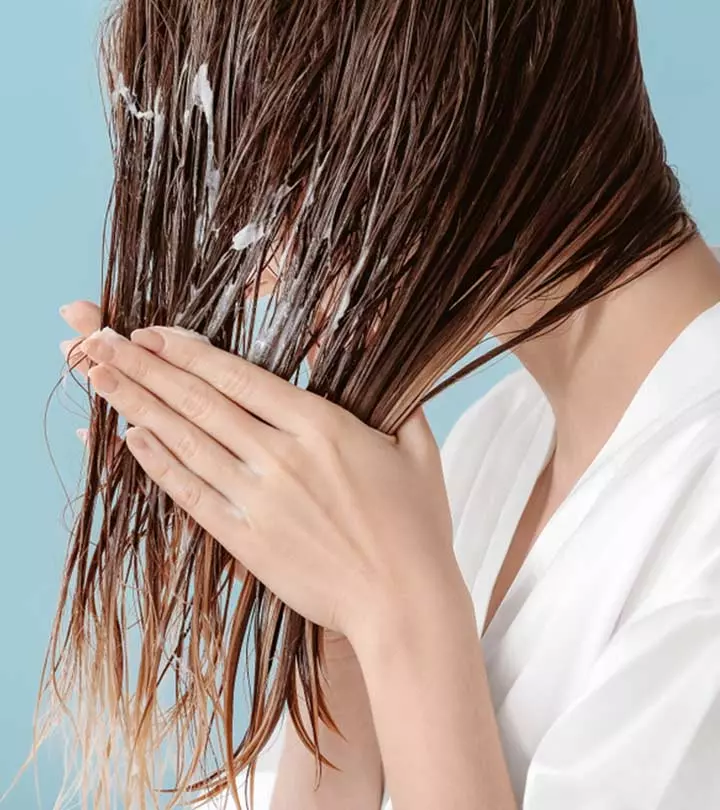
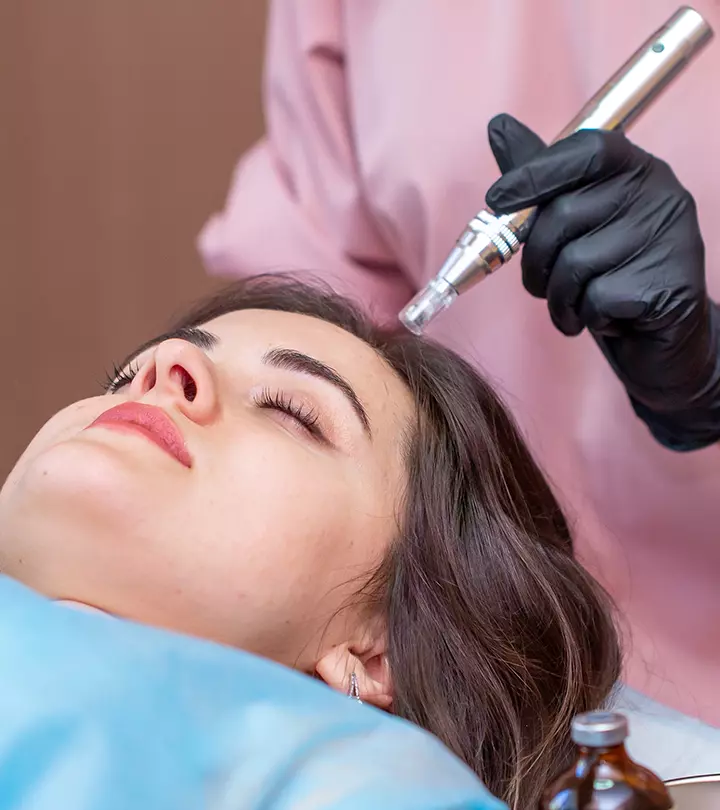
Community Experiences
Join the conversation and become a part of our empowering community! Share your stories, experiences, and insights to connect with other beauty, lifestyle, and health enthusiasts.